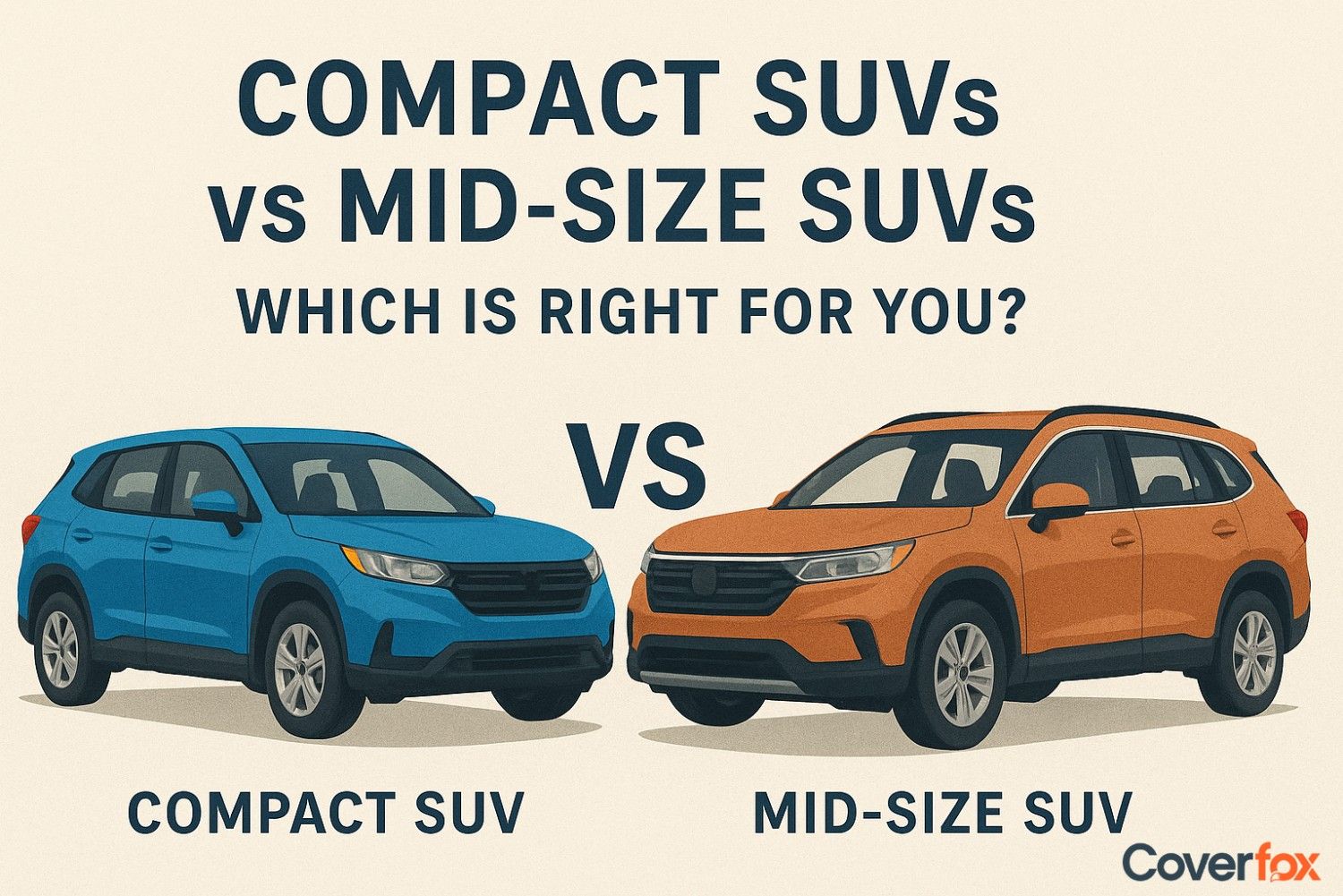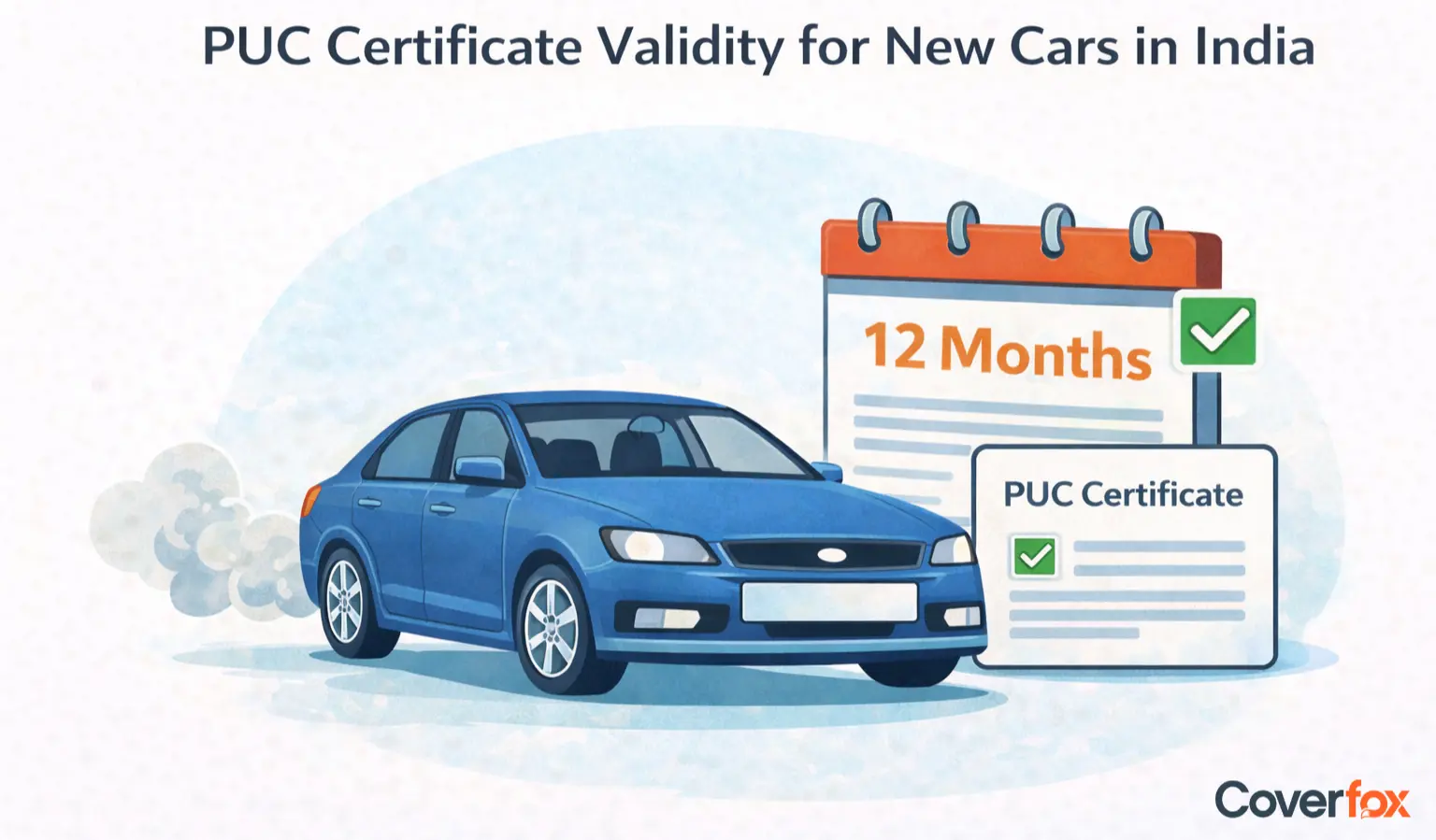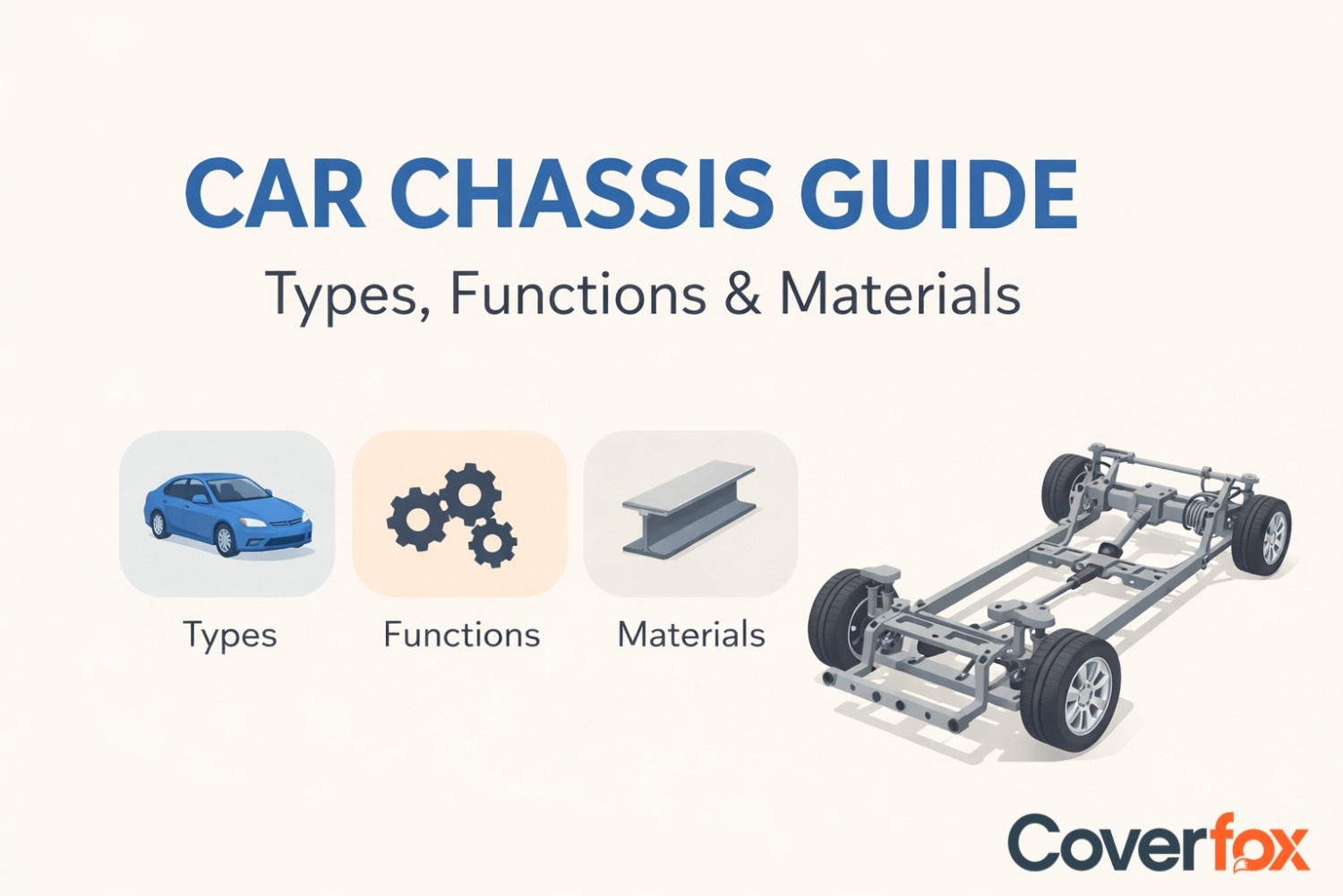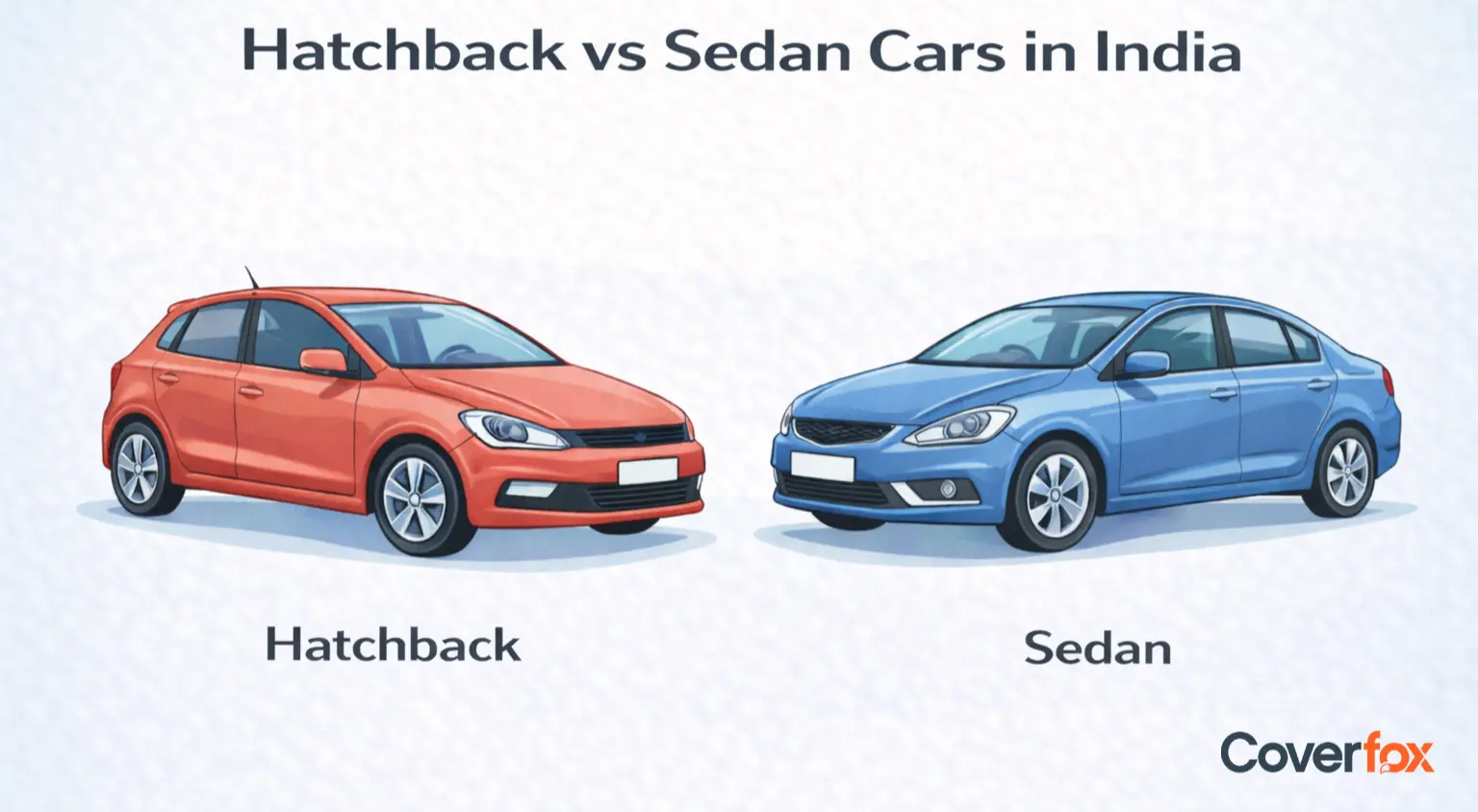Compact and mid-size SUVs dominate the Indian car market, each catering to different driving needs and budgets. Compact SUVs offer better fuel efficiency and urban manoeuvrability, making them ideal for city use. Mid-size SUVs, on the other hand, deliver superior comfort, performance, and space—perfect for long trips and families. Choosing between the two depends on your priorities: convenience and cost versus power and versatility.

Sport Utility Vehicles (SUVs) have become a popular choice among Indian car buyers for their blend of power, space, and versatility. However, choosing between a compact SUV and a mid-size SUV largely depends on individual factors such as lifestyle, budget, and driving preferences. Whether it’s daily city commutes or frequent highway trips, understanding your specific needs helps determine which SUV segment suits you best.
What is a Compact SUV?
A compact SUV is a smaller, city-friendly version of a traditional SUV, offering a perfect balance of style, practicality, and performance. With higher ground clearance, good fuel efficiency, and easy manoeuvrability, compact SUVs are ideal for small families and urban commuters. Models like the Tata Nexon and Hyundai Venue are popular for their modern design, safety features, and excellent value for money.
Pros and Cons of Compact SUVs
Compact SUVs offer a great balance of practicality and affordability, but they come with a few trade-offs depending on your driving needs.
Pros:
- Affordable pricing compared to larger SUVs
- Better fuel efficiency and lower running costs
- Easier to park and manoeuvre in city traffic
- Suitable for small families and urban use
Cons:
- Limited boot space and rear-seat comfort
- A smaller engine capacity means less power for highway drives.
- Fewer premium features than mid-size SUVs
- May feel less stable at higher speeds or on rough terrains
What is a Mid-Size SUV?
A mid-size SUV offers more space, comfort, and power than compact SUVs, making it an excellent choice for families and long-distance travellers. These vehicles combine roomy interiors with impressive fuel efficiency and robust performance. Popular models like the Hyundai Creta, Kia Seltos, and Honda Elevate stand out for their premium features and smooth highway driving experience.
Pros and Cons of Mid-Size SUVs
Mid-size SUVs provide a blend of comfort, performance, and space, making them ideal for families and long-distance travellers.
Pros:
- Spacious interiors with ample legroom and boot capacity
- Powerful engines suitable for highway cruising and hill drives
- Premium features and advanced safety technology
- Better ride comfort and stability on rough roads
Cons:
- Higher purchase and maintenance costs
- Lower fuel efficiency compared to compact SUVs
- Larger dimensions make parking and city driving less convenient.
- May attract higher insurance premiums due to engine size and features
Key Differences Between Compact and Mid-Size SUVs
While both compact and mid-size SUVs cater to different needs, their distinctions in size, performance, comfort, and price can significantly influence a buyer’s decision.
| Aspect | Compact SUV | Mid-Size SUV |
|---|---|---|
| Size | Smaller and easier to manoeuvre | Larger with more cabin and boot space |
| Performance | Efficient for city drives | Powerful engines suited for highways |
| Fuel Efficiency | Higher due to lighter weight | Moderate owing to bigger engines |
| Comfort | Ideal for small families | More spacious and premium interiors |
| Price Range | Budget-friendly | Higher price bracket |
| Handling | Easier to park and navigate in traffic | Requires more effort in tight spaces |
| Best For | Urban commuters and first-time buyers | Families and long-distance travellers |
Cost Comparison: Compact SUVs vs Mid-Size SUVs
Compact SUVs are generally more affordable to buy and maintain, offering better fuel efficiency, lower insurance costs, and easier handling—making them ideal for city use and small families. Mid-size SUVs, on the other hand, come with higher upfront prices and maintenance expenses but offer more space, comfort, and power for long-distance travel. While compact SUVs prove cost-effective in the long run, mid-size SUVs deliver better value for those prioritising comfort and performance over savings.
Example:
The Hyundai Venue (compact SUV) priced around ₹10 lakh offers up to 18–20 km/l mileage and lower running costs, whereas the Hyundai Creta (mid-size SUV) priced around ₹18 lakh delivers about 16–17 km/l but provides more cabin space, stronger performance, and premium features—making it a better fit for frequent travellers or larger families.
Fuel Efficiency: Compact vs Mid-Size SUVs
Compact SUVs generally offer better fuel efficiency than mid-size SUVs due to their lighter build and smaller engines, making them ideal for city commutes with frequent stop-and-go traffic. Mid-size SUVs, while slightly less efficient, provide stronger performance and stability on highways, making them suitable for long-distance drives. Typically, compact SUVs average around 18–20 km/l, whereas mid-size SUVs deliver about 16–18 km/l depending on engine size and driving conditions.
Example:
The Tata Nexon (compact SUV) offers up to 20 km/l, perfect for daily urban use, while the Hyundai Creta (mid-size SUV) provides around 17 km/l, balancing efficiency with superior comfort and power for highway journeys.
Safety Features: Compact vs Mid-Size SUVs
Compact SUVs typically include essential safety features such as dual airbags, ABS with EBD, and electronic stability control, with models like the Tata Nexon achieving 5-star ratings. Mid-size SUVs go a step further, offering advanced features like six airbags, adaptive cruise control, lane assist, and automatic emergency braking. While compact SUVs ensure solid protection for city use, mid-size SUVs deliver a more comprehensive safety suite ideal for long highway journeys and family travel.
Conclusion: Choosing the Right SUV for Your Needs
Choosing between a compact and mid-size SUV depends on your daily commute, family size, budget, and driving style. Compact SUVs like the Tata Nexon are perfect for city driving with better fuel economy and easier manoeuvrability, while mid-size SUVs like the Hyundai Creta offer more comfort and power for long road trips. Evaluating running costs, maintenance, car insurance premiums, and even online car insurance options can further help you make a smart, long-term decision that fits both your lifestyle and finances.
Articles to Read:
Top Mileage SUVs in India 2025: Combining Efficiency, Style, and Safety
Best Resale Value Cars in India: Top Picks for Smart Buyers
Top Most Affordable Cars in India for 2025
FAQs on Compact and Mid-Size SUVs
Which SUV type is better for Indian roads?
Both perform well, but mid-size SUVs handle rough terrains and long drives better, while compact SUVs are ideal for city roads and daily commutes.
Are mid-size SUVs worth the extra cost?
Yes, if you value extra space, comfort, and highway performance. However, compact SUVs offer better value for budget-conscious buyers.
Which SUV type provides better resale value?
Mid-size SUVs generally hold stronger resale value due to higher demand in the family and touring segments.
Do compact SUVs have enough space for a family of five?
They can accommodate five passengers, but long journeys may feel cramped compared to mid-size SUVs.
Can a mid-size SUV be a good city vehicle?
Yes, though larger in size, many mid-size SUVs now come with advanced features and automatic transmissions that make city driving easier.
Which category is better for road trips?
Mid-size SUVs are better suited for road trips, offering more boot space, comfort, and stability on highways.
Which is more fuel-efficient: Compact or Mid-Size SUVs?
Compact SUVs are typically more fuel-efficient due to their smaller engines and lighter weight.
Do mid-size SUVs cost more to maintain?
Yes, mid-size SUVs usually have higher maintenance and insurance costs because of larger engines and premium components.

 in Car.webp)



